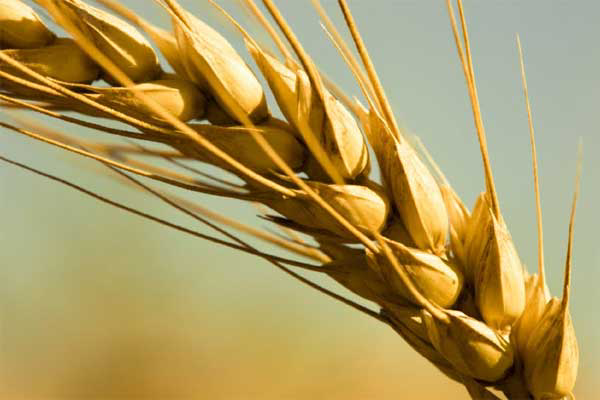- Location
- Bury St Edmunds
It is widely reported and accepted that nitrogen fertiliser is damaging to soil biology. It is suggested that long term no tillers are reducing their N use ( I’ve been told of one estate now growing wheat with 100kg N where recently they were using 200 kg). Have any long term no tillers seen this?
BB
BB








